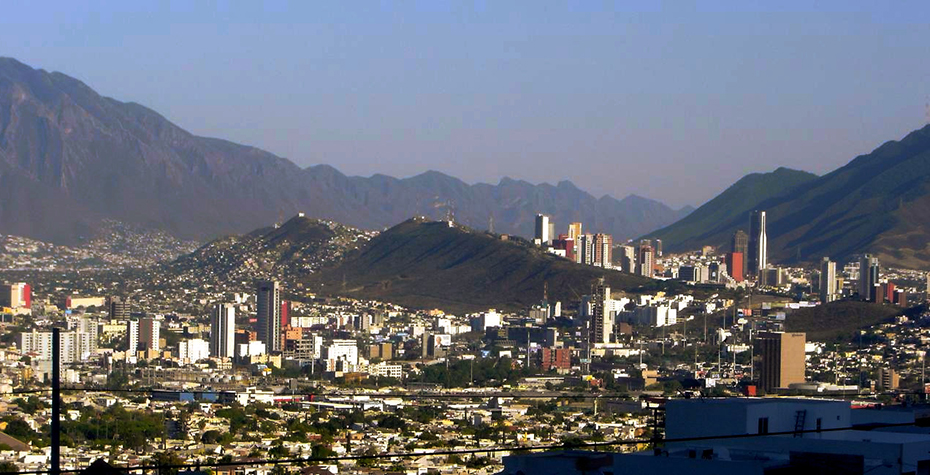New Paper by Wellesley Computer Scientists Explores Citizen Reporting in Drug War-Torn Areas of Mexico

The rise of the social Web has enabled a new information source: citizen reporters. In some regions of Mexico, where drug cartels have terrorized, silenced, or killed many professional journalists, citizens have turned to each other on social media to keep informed and out of harm's way. A new paper by Professor of Computer Science Panagiotis “Takis” Metaxas, founder of Wellesley College’s Media Arts and Sciences Program, and Norma Wilentz Hess Fellow and Visiting Assistant Professor Eni Mustafaraj examines how social media users identify and verify events, even when those events don’t receive sufficient news coverage.
“[In the United States] we rely on our journalists and news organizations to keep us informed on the dynamics of events around the globe, but not every country has a free press or is willing or able to let the international press move freely,” Metaxas and Mustafaraj wrote. “Many Mexicans consult Twitter every morning the same way that they consult the weather information to plan their day.”
Metaxas and Mustafaraj study trustworthiness on the social Web. In 2011, they were awarded a grant from the National Science Foundation to develop an application that explores digital “trails of trustworthiness” to provide real-time information about a message sender’s reputation on social media. Their new paper, The Rise and the Fall of a Citizen Reporter, follows up on an earlier study, Hiding in Plain Sight: A Tale of Trust and Mistrust inside a Community of Citizen Reporters (2012).
In "The Rise and the Fall of the Citizen Reporter," Metaxas and Mustafaraj studied a network of anonymous Twitter users in Mexico, known as tuiteros, who were reporting on dangerous areas in the large northern city of Monterrey. The network used the hashtag #MTYfollow to communicate with one another. One anonymous user, later identified by the pseudonym Melissa Lotzer, emerged as a community leader and organizer. However, “trolls”—accounts or users that post information to deliberately mislead the community or attack other members–attacked Lotzer’s credibility and managed to remove her from a position of trust within the network.
“Social media has changed the way we produce and consume information; now everyone is a producer and a consumer,” Mustafaraj said. “While this is great for democratizing participation, it has risks associated with it.” In their work, Metaxas and Mustafaraj study the ways one can evaluate the credibility of information received through social media in real time; this evaluation, they write, becomes especially important “in situations where one is immediately called upon to act based on information one receives.” The #MTYfollow study offers an important test case for their research.
"The Rise and the Fall of the Citizen Reporter" was presented at the WebScience 2013 conference. For more on this topic, watch Narcotweets: Reporting on the Mexican Drug War Using Social Media, a talk by Metaxas and fellow researcher Andrés Monroy-Hernández given at the Harvard Berkman Center for Internet and Society.
